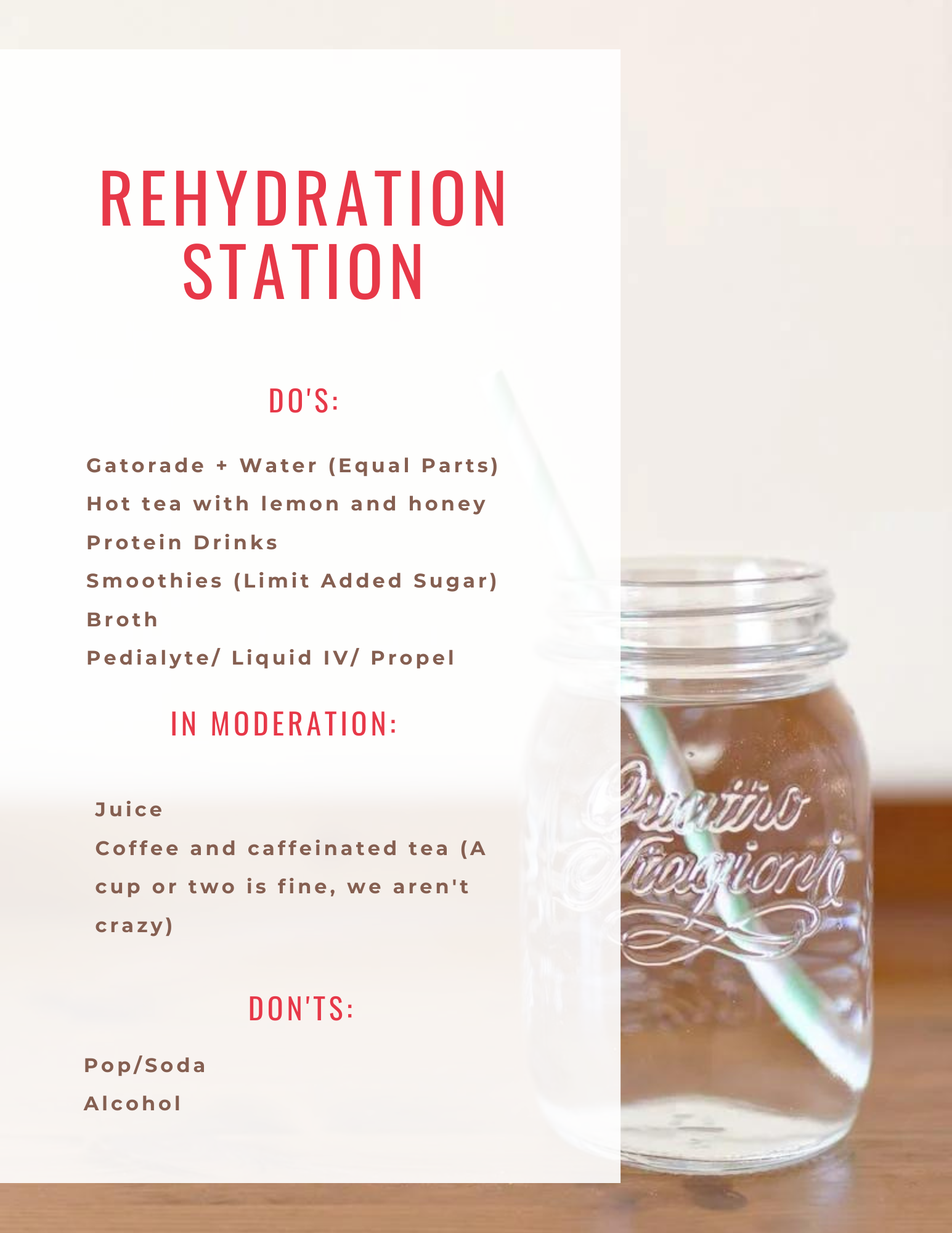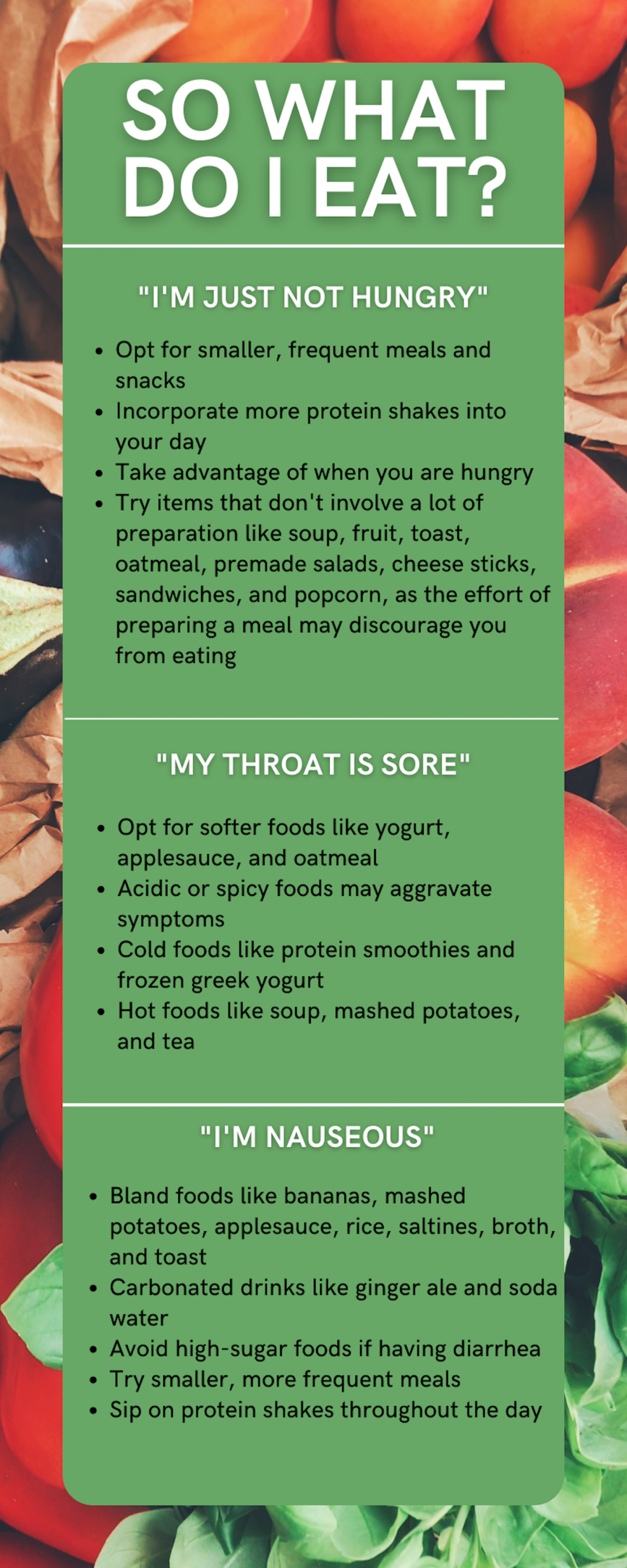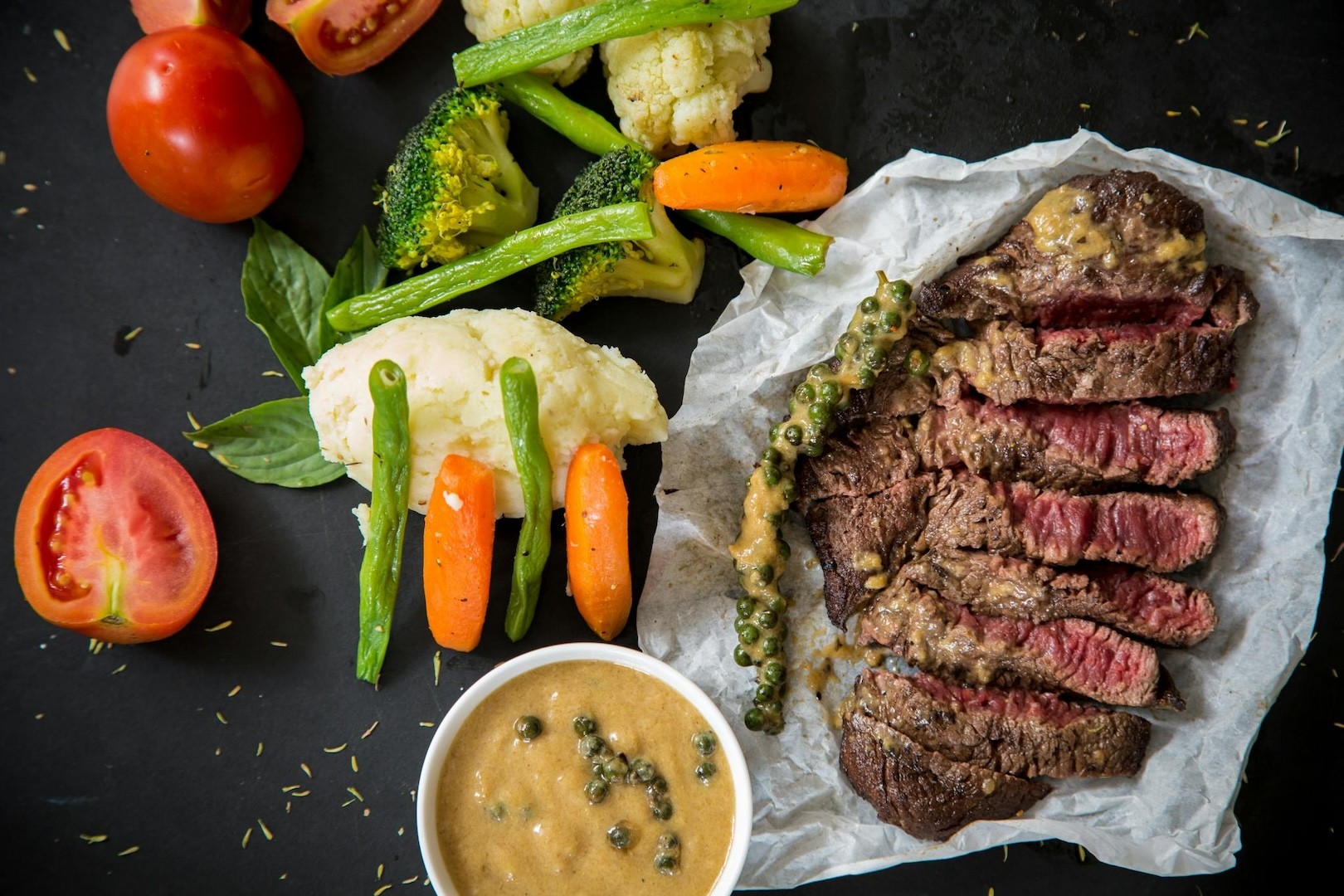
It’s the most wonderful time of the year… except for the wide variety of winter illnesses that can impact our workout routine for several months in a row. It can be hard enough to stick to your fitness goals during the holiday season in perfect health, let alone while sick. So how do we minimize setbacks for when we can get back to our favorite fit fam?
Fluids
The first thing we need to remember to do is to drink lots of fluids. We have all heard this one plenty of times, let’s take a look at why this is so important. Fever, vomiting, and diarrhea can all lead to dehydration. When we are dehydrated we feel weak and lethargic, which can slow down our recovery. Water makes up about 60% of our body weight and is vital for our cells to do what they were designed to do. Without it, one of the major symptoms you may feel is weakness and fatigue. This is partially due to the fact that when we don’t have enough fluid in our bodies, we lose blood volume. With a decreased blood volume, our organs and muscles are not getting the blood they need which leads to weakness.
- When choosing fluids, opt for ones without a lot of sugar as these are just empty calories and can sometimes make diarrhea worse.
- Be mindful of the sodium contents of canned soups. The Dietary Guidelines for Americans recommends less than 2,300 mg of sodium per day.
- Try to minimize caffeinated coffees and teas as these are considered “diuretics” aka they will pull fluid off of you, which is the opposite of what we are trying to do!
- Minimize alcohol as it can suppress the immune system (an exception might be made for the occasional hot toddy! ;)

Food
Nobody wants to cook when they feel lousy and some illnesses can make eating pretty tricky. Common roadblocks are decreased appetite, sore throat, and nausea. We begin to lose muscle in as little as one week of inactivity. If you are not getting enough nutrition, that muscle loss can worsen exponentially. There are a couple of important points to make here. The first is that if you are sick (and not just a head cold), it is important to take time off from working out to rest and recover. Pushing through and forcing yourself to continue exercising will likely just lengthen the time you are feeling under the weather. You can do light exercises such as walking or gentle yoga, but should minimize strenuous activity. The second is that your muscle is not turning into fat. This is a common misconception. Muscle cells and fat cells are not interchangeable. While your muscle cells may shrink and your fat cells may expand, don’t panic, the muscle is not disappearing.
The following graphic includes some basic tips for navigating the aforementioned roadblocks. Remember that everyone is different; if eating spicy Indian food when you have a sore throat works for you, that is fine. Listen to your body. If you aren’t feeling hungry, try small frequent meals. There is nothing wrong with ordering food if you do not have the energy to make something, but try to take a look at nutrition information if it is available. Especially when your appetite is poor, it is important to try to eat nutrient-dense foods such as whole grains, vegetables, and fruits rather than processed snack foods. As many individuals struggle to meet their protein goals while under the weather, the addition of a protein shake may be beneficial.

Supplements
Zinc, Vitamin C, Vitamin D, Echinacea, and Elderberry supplements are often some of the first things to go onto the grocery list when the flu starts making its rounds. But do they really work?
Zinc is a mineral that has been proven necessary for some cells in our immune system to function correctly, and can be found in meat and seafood. This remedy came after a study in 1984 showed promising results that the mineral may help people from becoming sick. While some studies have indicated that taking zinc lozenges in the first 24 hours may reduce the length of your illness by a couple of days, there is still no concrete answer on if this is helpful. These studies have been criticized due to their low number of participants and lack of standardization. Zinc supplementation can have side effects, and can even be toxic if too much is taken. It is best to talk to your doctor before supplementing.
Vitamin C is an antioxidant well known for its support of immune system cells. Thankfully, it is a water-soluble vitamin. This means that if you take too much you simply pee out the excess. You can get vitamin C from a wide variety of fruits and vegetables like citrus fruits, bell peppers, and tomatoes. Most people get plenty of vitamin C from their diet. Studies have shown that taking vitamin C daily may slightly decrease your odds of getting sick if taken over a long period of time but will not have any effect if taken once you are already sick. There is some evidence supporting taking vitamin C for a couple of weeks before a strenuous event like a marathon; but unless you are about to run a marathon, you are likely just making expensive urine.
Low levels of vitamin D have been linked to higher rates of illnesses. Vitamin D is thought to counteract inflammation associated with an immune response as well as boost the immune system overall. Vitamin D is found in fortified foods like orange juice and milk as well as some seafood. Known as the “sunshine vitamin”, vitamin D is synthesized in our bodies when exposed to the sun. Many of us face deficiency in the winter when we have less sun exposure. While the evidence behind taking this supplement for immune support is varied, there are many benefits to taking a vitamin D supplement when we are not out in the sunshine. Talk to your doctor to see if supplementation is necessary.
The validity surrounding echinacea and elderberry supplementation is still being researched. Echinacea is a type of flower hypothesized to have anti-inflammatory and immune benefits. Elderberry is a berry from a tree variety called Sambucus. Both supplements have been widely used and are supported by quite a bit of anecdotal support. Research studies have had variable results with scientists supporting both sides of the debate.
Of course, the best way to get over being sick is to never get sick in the first place. Exercising, eating well, vaccinations, sleep, and hand washing are all proven to reduce your risk. While there is no quick fix once you are sick, it is only temporary and you’ll be back in the gym before you know it!
To learn more how PUSH511 can help you, check out our Nutrition Services.
Sources:
- https://pubmed.ncbi.nlm.nih.gov/23195946/
- https://www.hsph.harvard.edu/nutritionsource/vitamin-d/
- https://health.clevelandclinic.org/is-elderberry-really-an-effective-cold-and-flu-cure/
- https://pubmed.ncbi.nlm.nih.gov/6367635/
- https://www.ncbi.nlm.nih.gov/pmc/articles/PMC2277319/
About the Author

I am a Licensed Registered Dietitian with experience in critical care, cardiology, weight loss, allergy services, and food service. I graduated from Penn State University with a BS in nutrition and finished my RD training at University of Maryland. I am currently in PA school and am looking forward to combining my love of nutrition with medicine. After moving to Baltimore in 2019, I did a trial class at PUSH511 Fitness as I was looking for accountability and to meet new people. When I walked into the gym for the first time, everyone was congregated on one side cheering on a member who was struggling with ring muscle-ups at the end of the workout. It was such an uplifting moment to witness. I left the gym that day in dire need of ginger ale, but also very excited about this amazing and supportive community I had stumbled upon. I am grateful for this opportunity to give back and share my love of nutrition!


